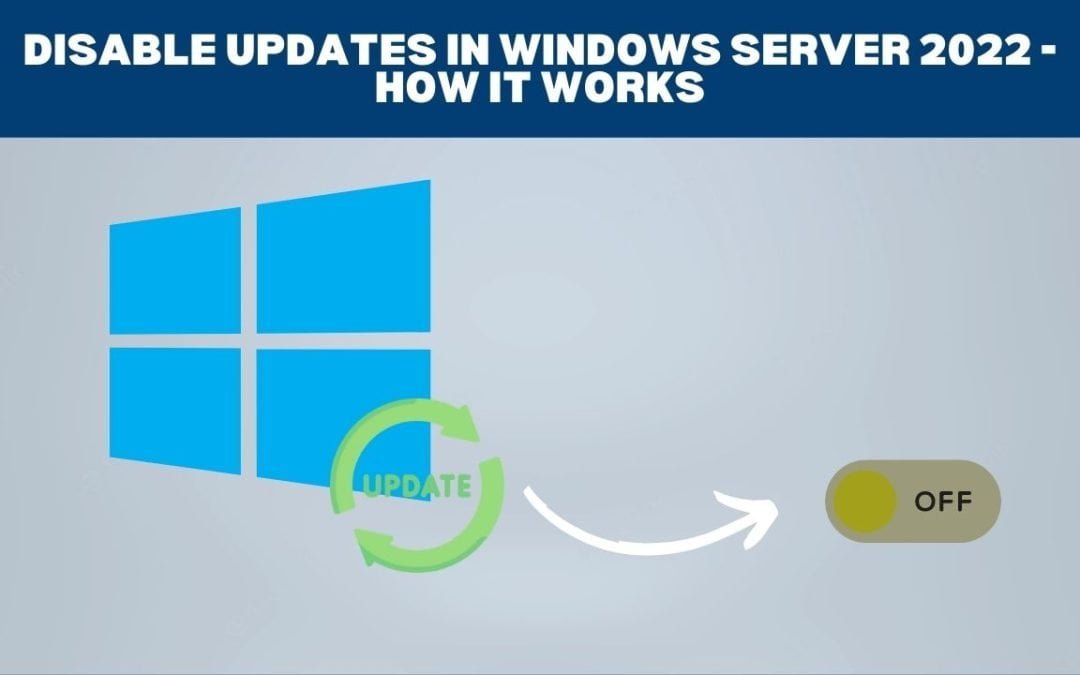Are you a Python developer who wants to ensure your projects are running on the latest and greatest software packages? Keeping your Python environment up to date is crucial for maintaining the security, stability, and performance of your applications. One of the key tools for managing Python packages is PIP (Python Package Installer). In this comprehensive guide, we’ll walk you through the importance of updating PIP packages and provide you with a step-by-step approach to keeping your Python environment current.
Describe PIP
A package management tool called Pip helps with the installation and administration of Python packages. A Python package is a collection of modules and libraries that extend the language’s functionality and can be added to a Python project to improve productivity and speed up development. Pip streamlines usage by operating through the command line and is already included in the majority of Python installations.
Pip empowers developers to manage packages and dependencies with ease, reducing the likelihood of conflicts and other package-related problems. On PyPI, there are more than 300,000 packages that are readily available. This collection is continually expanding and comprises a variety of functionalities, including automation and data analysis.
The tool’s key benefit is that it makes the package management process easier, which speeds up the creation of scalable, maintainable, and reliable Python programs.
In conclusion, Pip is a valuable tool for Python developers since it considerably lessens the workload associated with managing packages and increases the language’s functionality through its enormous package library.
Introduction to PIP and Package Management
Python has an extensive ecosystem of third-party libraries and packages that enhance its capabilities. PIP, as the default package manager, plays a crucial role in installing, managing, and updating these packages. Keeping your PIP installation current ensures you have access to the latest features and improvements.
Why Updating PIP Packages Matters
Regularly updating your PIP packages offers several benefits. It ensures that your projects are using the latest bug fixes, security patches, and performance enhancements. Outdated packages could expose your application to vulnerabilities. By staying up to date, you also enable compatibility with newer Python versions.
ALSO READ : Mastering Remote Desktop: Sending Ctrl+Alt+Del with RDP [Step-by-Step Guide]
Checking Your Current PIP Version
Before diving into updates, it’s essential to know which version of PIP you’re currently running. Open your terminal and type the following command
pip –version
Updating PIP Itself
To update PIP to the latest version, use the following command:
pip install –upgrade pip
This command fetches the latest version of PIP and installs it on your system.
Upgrading Individual Packages
Updating individual packages is a straightforward process. Use the command:
pip install –upgrade package_name
Replace package_name with the name of the package you want to update.
Updating All Packages at Once
You can update all packages in one go with:
pip freeze | awk -F ‘==’ ‘{print $1}’ | xargs -n1 pip install -U
This command retrieves the list of installed packages, extracts their names, and updates each one.
Dealing with Compatibility Issues
Sometimes, updating packages can lead to compatibility problems. To avoid this, use virtual environments. Create a new environment, update packages there, and test your project’s compatibility.
Virtual Environments: Isolating Your Projects
Virtual environments provide a clean space for each project, preventing conflicts between package versions. Create a virtual environment using:
python -m venv venv_name
source venv_name/bin/activate
Automating Package Updates
You can automate package updates by using tools like pip-tools or by writing a custom script. Automation ensures your projects are consistently updated.
Best Practices for Keeping PIP Up to Date
- Schedule regular package checks and updates.
- Always test updates in a controlled environment.
- Keep track of dependencies and their versions.
- Follow project-specific guidelines for updating.
PIP and Security: Staying Protected
Security is a top concern. Regularly update packages to patch known vulnerabilities. Monitor security advisories for your dependencies.
Monitoring Changes and Release Notes
Stay informed about package changes by reading release notes. This helps you understand what’s new and decide whether to update.
Troubleshooting Common Update Problems
Encounter issues during updates? Check for error messages and consult package documentation or community forums for solutions.
ALSO READ : Windows VPS: The Ideal Solution for App Development
PIP and Package Rollbacks
Mistakes can happen. If an update causes problems, roll back to a previous version:
pip install package_name==previous_version
Contributing to Open Source Packages
Contribute to the open-source community by reporting bugs, suggesting improvements, or submitting code changes to the packages you use
Conclusion
Keeping your PIP packages up to date is essential for maintaining a healthy and secure Python environment. By following the steps outlined in this guide, you can ensure that your projects are running on the latest and most secure versions of their dependencies.
FAQs :
- Is it necessary to update PIP packages?
Yes, updating PIP packages is crucial for security, stability, and performance.
- How often should I update my packages?
Regularly check for updates, preferably on a weekly basis.
- What if an update breaks my project?
Roll back to a previous version of the package and investigate compatibility issues.
- Can I update packages in my existing projects?
Yes, but using virtual environments is recommended to prevent conflicts.
- Where can I report issues with packages?
You can report issues on the package’s GitHub repository or relevant community forums.



